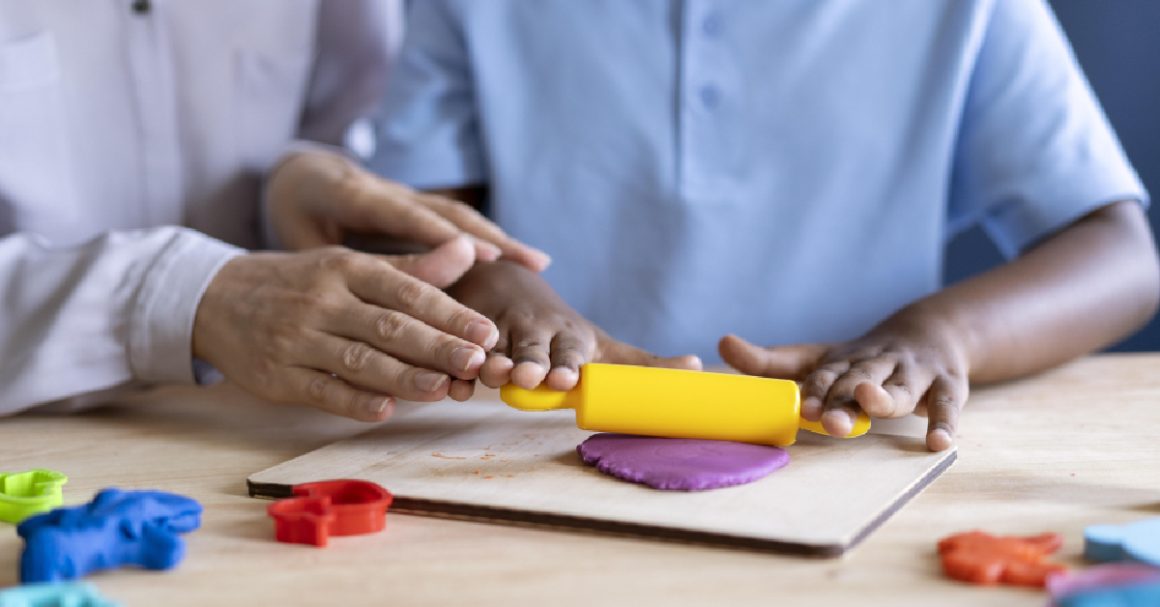Parents in the modern era are interested in their children’s holistic development, recognizing the importance of occupational therapy as a solution for various developmental changes. The awareness is created through a deeper understanding of how occupational therapy helps in refining motor skills, and sensory processing, enhancing daily activities, and creating a more supportive environment in their children’s Academic growth with Occupational Therapy.
The growing interest in individualized care has contributed to this parental understanding. Occupational Therapy (OT) can play a significant role in improving academic skills in children by solving multiple challenges the children face.
Also read our previous article “Breaking Barriers: The Game-Changing Impact of Occupational Therapy in Early Intervention“
Some of the ways Occupational therapy can influence
1. Fine motor skills
OT can help to develop fine motor skills. These skills are crucial for activities like handwriting, drawing, and handling small objects. These are all essential for academic activities.
2. Handwriting
OT can provide strategies and steps to improve handwriting legibility. It also improves speed which makes the written work easier for the children to express themselves. Occupational therapists also assist with specific pencil grasps and pressure applied by the child. Similar to other motor skills, the pencil grasp also developed in a sequence. OTs include their knowledge of developmental progression towards creative activities.
3. Sensory Processing
Kids with sensory processing problems may struggle to concentrate in the classroom. Occupational Therapists help them to manage the sensory input better. This reduces distractions and improves focus.
4. Organizational Skills
OT teaches organization and time management skills to children. This makes them plan and complete their academic assignments efficiently.
5. Visual Motor Integration
Occupational Therapist enhances visual motor integration. This is crucial for tasks like copying information from classroom boards, reading, etc
6. Cognitive Skills
OT interventions can improve cognitive skills like memory, attention, and problem-solving abilities. These skills are essential for academic success.
7. Self-regulation
OT helps children develop self-regulation skills. It allows them to control impulsive behaviors and manage frustrations. This makes it easier to focus on learning. They can advise sensory breaks or activities to help children self-regulate, and reduce stress and anxiety which affects their academic performance
8. Social Skills
Improved social skills can help a child’s ability to collaborate with fellow children and engage effectively in group activities in school.
9. Assistive And Adapted Technology
OT introduces children to assistive and adapted technologies. This helps the children to overcome difficulties in learning and also to complete daily activities successfully. It includes devices like modified pencils, adapted spoons, modified cups, etc
10. Posture/position
If the seating is uncomfortable or there are postural difficulties, it makes the children uncomfortable learning. OTs help with this with ergonomically fit and comfortable seating arrangements. Modified and personalized chairs and tables to individual children’s needs reduce stress on the spine.
Academic Growth with Occupational Therapy
By taking care of these issues, occupational therapy can empower children to overcome obstacles for better academic performance. This ultimately improves educational outcomes. Thus we emphasize academic Growth with Occupational Therapy
Kavya Rath
Occupational Therapist
